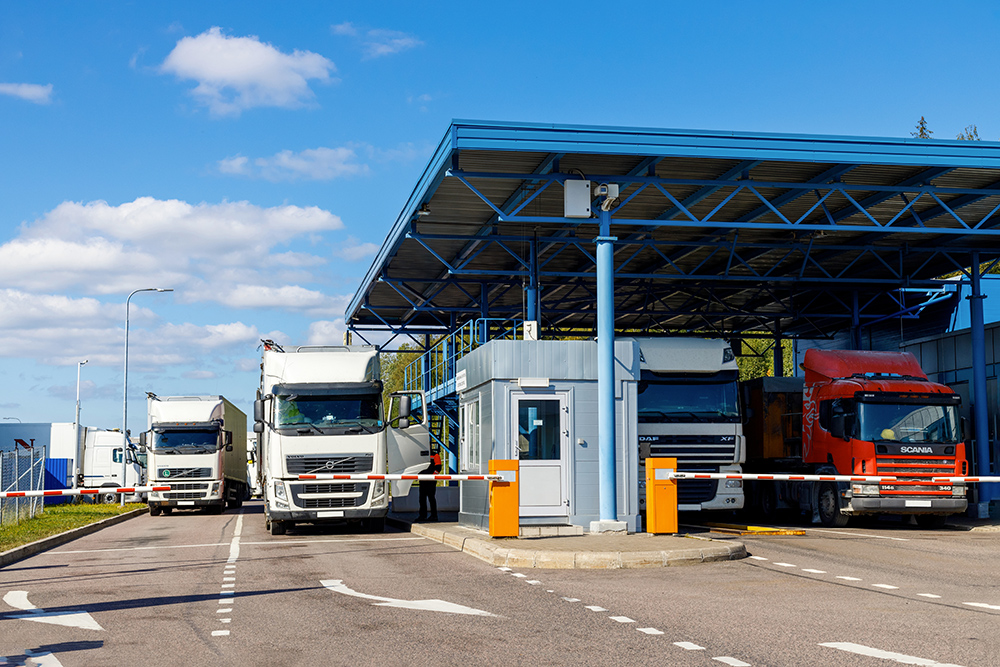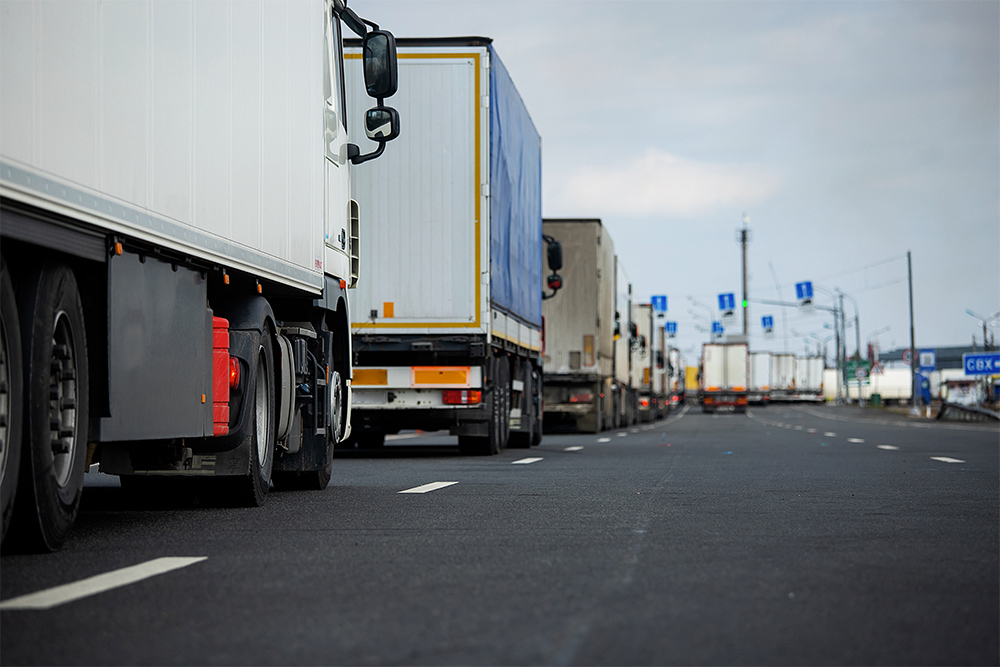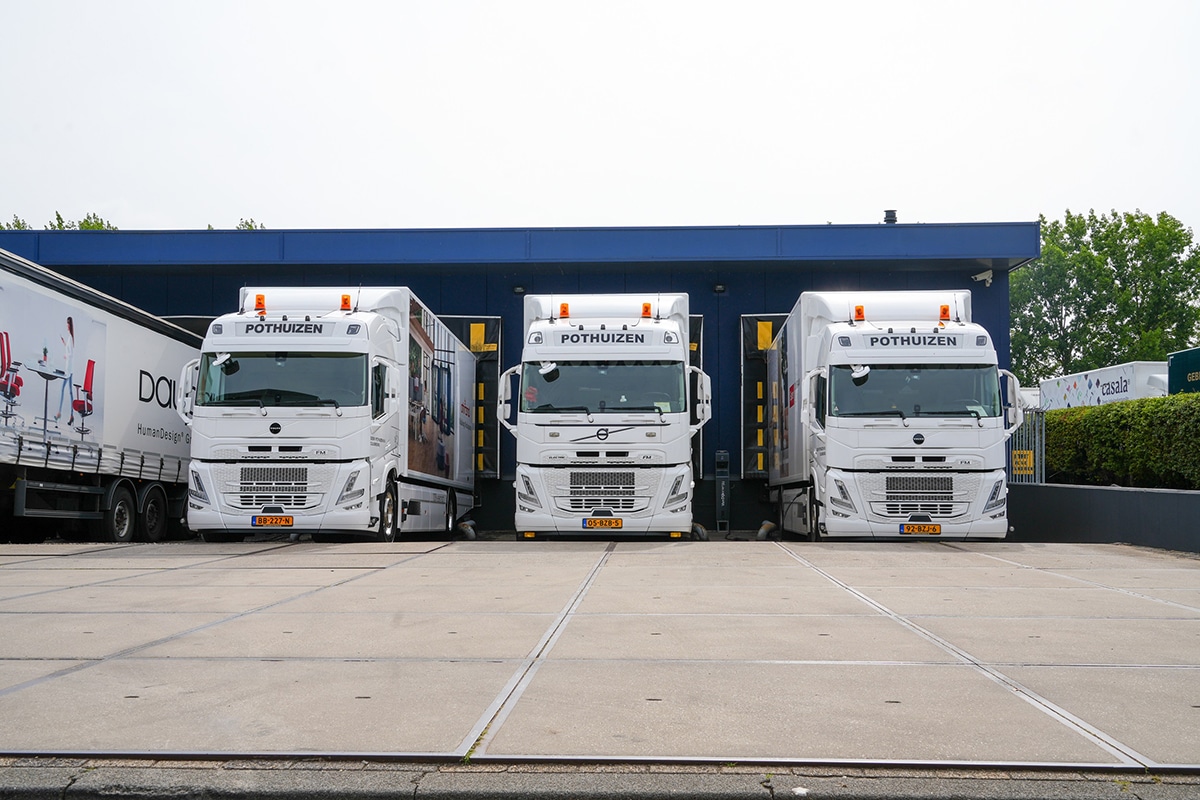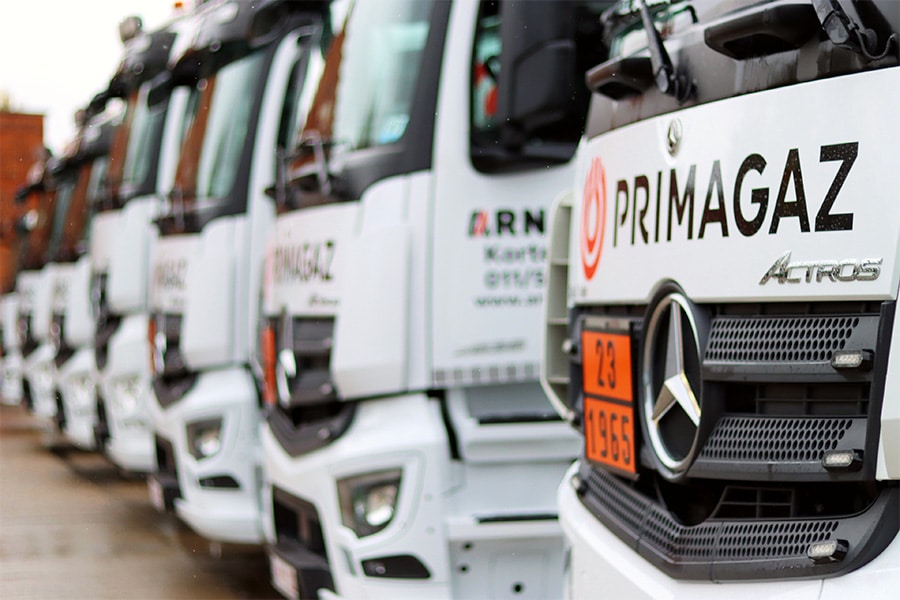
EU Customs Reform, an ambitious customs reform
On May 17, 2023, the European Commission published its long-awaited Customs Reform Proposal. The goal? To achieve a more efficient and targeted EU customs union. The proposals include a series of core elements that will have significant implications for Belgian companies, especially in the logistics sector. In this article, we list some of the core elements and estimate their impact.
Today, EU importers have to deal with 27 national customs administrations and more than 111 separate IT interfaces and systems. This leads to high operational costs for the authorities, especially considering that the systems are not necessarily connected. There is no central EU customs database, nor is there any monitoring of EU supply chains.
The European Commission's Customs Reform Proposal promises sweeping changes for the EU Customs Union, on the way to greater efficiency, security and sustainability. It is the largest customs reform since the creation of the European Customs Union in 1968. Belgian logistics companies will have to anticipate these changes by investing in digital technologies, security measures and sustainable practices.
Trust and Check
Companies seeking to bring goods into the EU will be able to record all information about their products and supply chains in a single online environment in the EU's reformed customs union: the new EU Customs Data Hub. This cutting-edge technology will collect the data provided by businesses. Among other things, through the use of artificial intelligence, it will provide authorities with a complete overview of supply chains and the movement of goods.

The benefit for companies? When submitting their customs information, they only have to communicate with one portal and submit data only once for multiple shipments. With fully transparent business processes and supply chains, the Trust and Check concept comes into play: the most trusted traders (so-called Trust and Check traders) will be able to move their goods into the EU without active intervention by customs. Starting in 2032, the Trust and Check concept will largely replace the already existing Authorized Economic Operator (AEO) program for trusted traders.
Impact on e-commerce
The reform will also have an impact on online platforms. They will become key players in ensuring that goods sold through e-commerce entering the EU comply with all customs obligations. Under the current customs system, responsibility lies with individual consumers and carriers. Online platforms will have to ensure that customs duties and VAT are paid upon purchase so that consumers no longer face hidden costs or unexpected paperwork upon receipt of their package. Also good to know is that the customs reform will end the current thresholds, whereby goods with a value of less than 150 euros will be exempt from customs duties.
Shorter term for temporary storage of goods
The Customs Reform Proposal also further ensures that the period within which goods are stored under temporary storage will be limited to 3 or 6 days. Currently, this period is 90 days. Regarding the application of customs sanctions, the European Commission's proposal provides for a minimum list of offenses that should not (no longer) be subject to criminal prosecution. And as part of this reform, transactional declarations are being abandoned, with a "system-based" follow-up of compliance in the long run.




